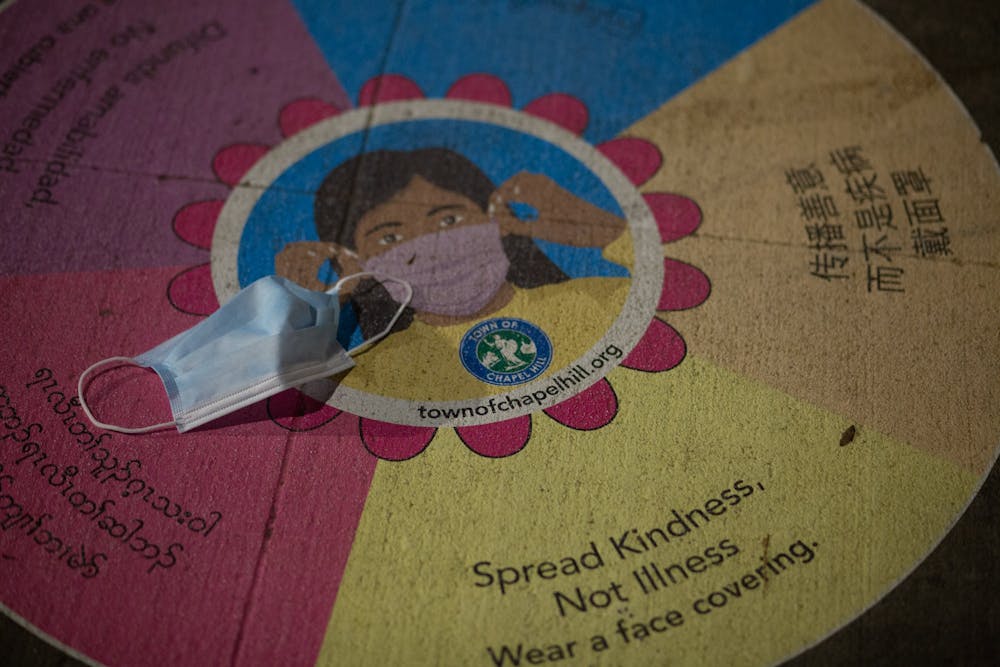As a country birthed from the American Revolution, molded by the Civil War and constantly shaped by acts of brutality, the United States has a close relationship with violence.
Juxtaposed against this, the United States is also a nation of boundless optimism. It’s a nation where the story of an immigrant arriving with nothing in their pockets and ending up in the boardroom of a Fortune 500 company still holds some weight.
These two principles came to a clash when COVID-19 hit. Instead of treating the pandemic like the public health crisis it is, the crisis was quickly equated with combat. There was an “invisible enemy," we were in a "big war” and medical staff quickly became “soldiers in this fight."
That rhetoric works when the enemy can be fought traditionally, but COVID-19 can’t be shot out of the air or invaded. With over half a million deaths in the U.S., it’s clear that this guiding principle of violence was suboptimal.
One bright light of optimism mired in the morass of violence was Operation Warp Speed. OWS was a look to the end of COVID-19, a Manhattan Project-like dash for vaccine creation, where the U.S. government prepaid and streamlined the vaccine approval process for a COVID-19 vaccine.
By most metrics, it was a great success. Shots were in arms within the end of the year, the United States expects to have adults all eligible for a vaccine by early May and there will soon be a surplus of vaccines to give to other countries. Quite an optimistic outcome for a program started in the ferocious throes of the early pandemic.
Beyond COVID-19, violence and optimism have also been loudly at play in our cultural discourse this past year. Violence is nothing new to minority populations, and the killing of George Floyd sparking unrest across the country in the summer reminded us all of this.
But there was optimism with this movement. Peaceful demonstrations and protests happened in sizes not seen even during the Civil Rights Movement. A renewed focus was brought to anti-racist efforts, with the hope that the U.S. can move closer to being a place for all to thrive.
The hope from the summer was bolstered by the election of a new president in November. A turn to a more “empathetic presidency” after four years of mismanaged brutality in office was a refreshing turn for many.




